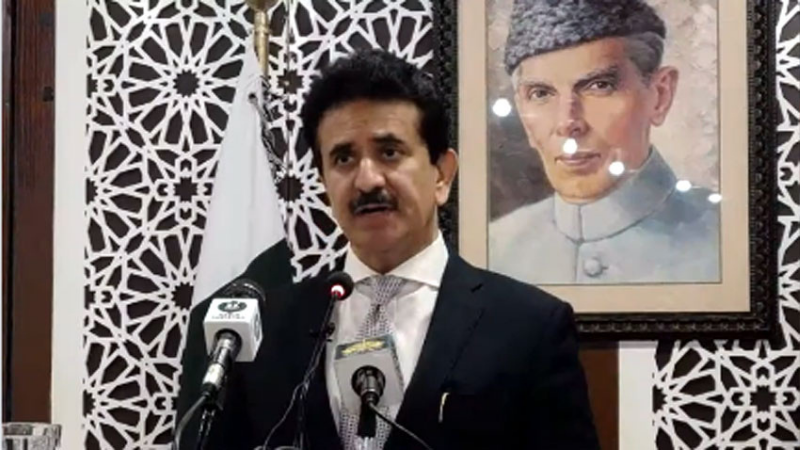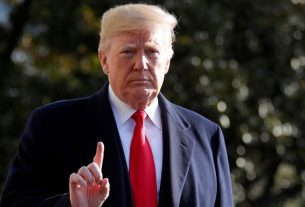ISLAMABAD: Foreign Minister Shah Mehmood Qureshi in a letter to the president of the UN Security Council has highlighted the threats to peace from Indian actions in occupied Kashmir.
Foreign Office spokesman Zahid Hafeez Chaudhri at the weekly media briefing on Thursday said the latest letter to the UNSC president was “part of Pakistan’s efforts to keep the UN Security Council and the secretary general fully apprised of the grave situation in IIOJK as well as peace and security in the region”.
He said Mr Qureshi highlighted the gross and systematic violations of human rights in Indian Illegally Occupied Jammu and Kashmir (IIOJK), Delhi’s illegal measures to change the demographic structure of the occupied territory and the threat to peace and security posed by India’s belligerent rhetoric and actions.
The spokesman said the situation in occupied Kashmir has continued to aggravate since India’s illegal and unilateral actions of annexing the territory on Aug 5, 2019. “In brazen manifestation of state terrorism, Indian occupation forces martyred six more innocent Kashmiris in fake encounters and so-called cordon-and-search operations in Anantnag and Pulwama during the past week,” he pointed out.
Qureshi writes to UN Security Council president
He condemned the killing of Kashmiri lawyer and activist Babar Qadri, who was shot dead by unidentified attackers in Srinagar, saying another voice critical of Indian illegal actions and brutalisation of Kashmiris had been silenced. He called for an independent investigation into the gruesome killings of innocent Kashmiris.
Commenting on the recent crackdown on Amnesty International by the Indian government, Mr Chaudhri said that it was another manifestation of its extremist agenda and inability to hear the truth from independent human rights organisations.
“The BJP regime’s action has once again revealed the true face of India to the world. Today, the so-called largest democracy in the world stands fully exposed,” he said. “I would leave it to the conscience of the world to find a description that can more aptly describe today’s India, under its current political leadership.”
He said the Indian leadership continued to be guided by outdated Chanakya doctrine, adding that this dangerous indoctrination of the Indian leadership was a cause for concern for all of India’s immediate neighbours. He urged the Indian leadership to abandon the 3rd Century BCE doctrine and instead learn from the post-World War II political history of the world where immediate neighbours have contributed immensely to the socioeconomic development and security of each other.



